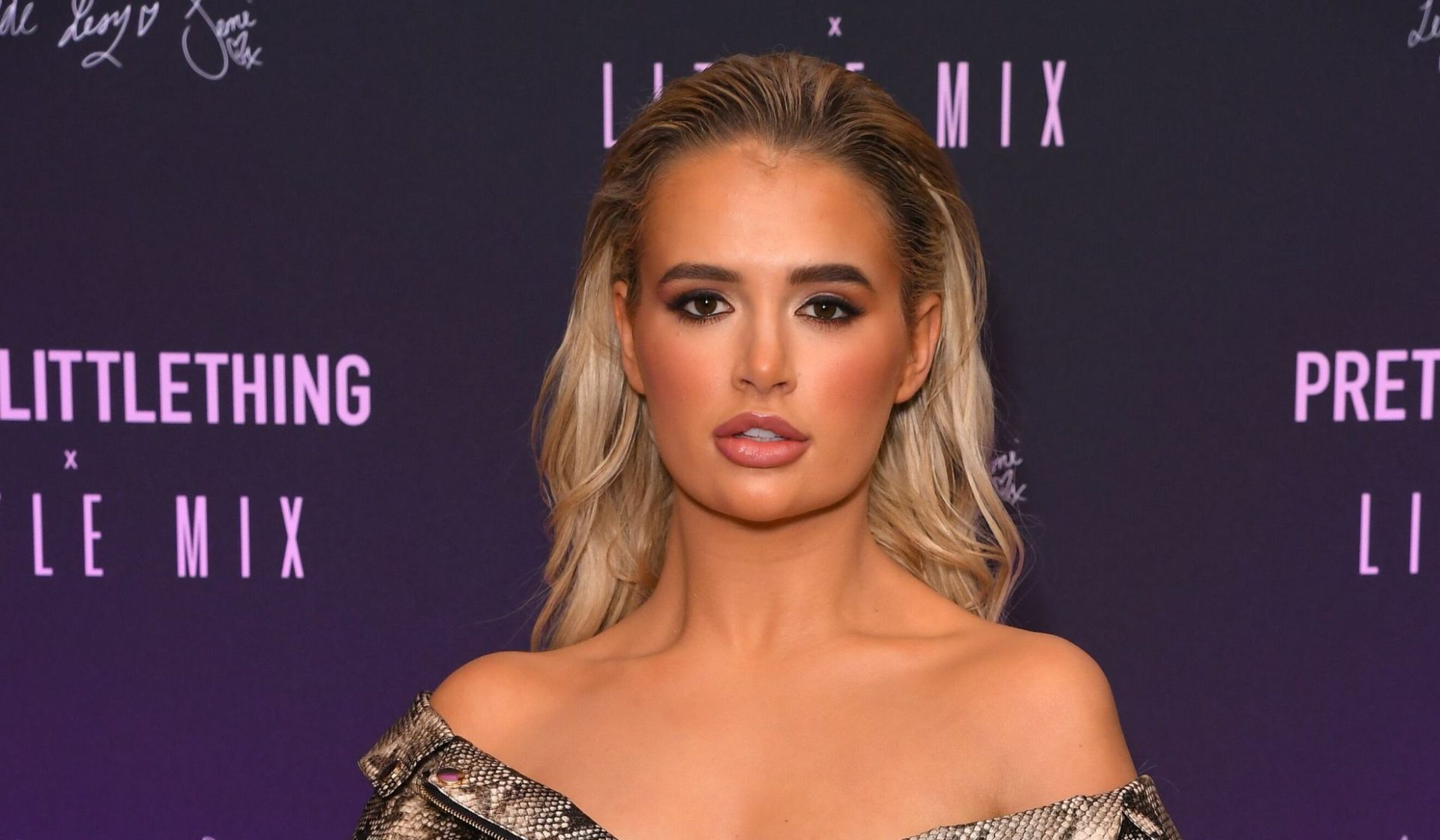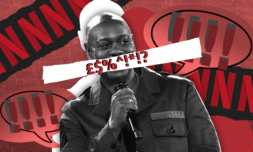The recent Molly-Mae scandal has exposed the deeply problematic nature of influencer culture in the digital age, signifying it’s time we introduced better regulations for social media personalities and their platforms.
When I first learned of the backlash surrounding Molly-Mae Hague’s controversial ‘we all have the same 24 hours in a day’ comment, my initial reaction wasn’t disbelief towards the obvious insensitivity of such a statement, rather a reignited sense of alarm that yet another social media personality has found themselves in hot water.
And without consequence it seems (what’s new), given the 22-year-old had returned to posting as normal just a few days later, shortly after signing a seven-figure contract with luxury hair extension company Beauty Works.
If you’re in need of a re-cap, Molly-Mae is an influencer who already had a significant following before Love Island propelled her to fame in 2019.
In subsequent years her reputation and reach have ballooned, landing her multiple brand deals and a role as creative director of PrettyLittleThing – the fast fashion company that’s infamous for subcontracting garment workers for as little as £3.50 per hour, way below the UK minimum wage.
I, for one, did not see it coming that a woman whose £500k branding deal is built on the backs of garment workers paid £3.50 an hour, might have horrific views on poverty and social mobility.
— Ash Sarkar (@AyoCaesar) January 6, 2022
Hague has so far earned well over £1m from this position, but it wasn’t the reason she became subject to a Twitter furore last week.
Instead it was her interview on the podcast Diary of a CEO, where she insinuated that people can simply motivate and hustle themselves out of poverty if they ‘want it enough.’
‘It just depends on what lengths you want to go to, to get to where you want to be in the future,’ she said, drawing upon the tired adage of everyone having the equivalent time as Beyoncé to accomplish their goals, a reference that speaks to a fundamental flaw at the heart of the influencer economy and the shifting ways we conceive of ‘work.’
Criticism online has been rife, pulling back the curtain on an entire sector of mainstream marketing that sells followers a misguided idea of what it means to live an aspirational lifestyle in a world that is pertinently unequal.
Influencer culture is tacitly right-wing. Social platforms bank on individualism championed by girl boss stock characters so young people don't have the tools or space to educate + self-critique – not algorithm-friendly. Legion of Molly Mae wannabes just waiting to kingmaker next https://t.co/BKAQcZnQG5
— Anna Cafolla (@AnnaCafolla) January 6, 2022
The paradox of Instagram ‘girl boss grinders’ offering efficiency tips to an audience of which some are struggling to pay their bills has no doubt been meticulously dissected before, but the discussion has been reignited by Hague’s disarming honesty, lack of self-awareness, and refusal to acknowledge her own privilege.
How necessary this renewed conjecture is and its effectiveness at creating any tangible change is debatable.
Instead, we need to consider new ways to improve the vetting process for influencers altogether and ensure these kind of incidents don’t happen in the first place. Allow me to explain.
In the digital age, celebrity as we know it has been democratised, at least to a certain extent, bringing new complications previously unseen within the entertainment industry.
Molly Mae is a prime example of how influencers promote individualist narratives and a very right-wing world-view. Thatcherite talking-points dressed up in "inspirational" influencer speak
— Louis Staples (@LouisStaples) January 6, 2022




















